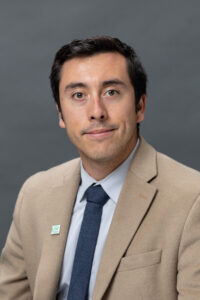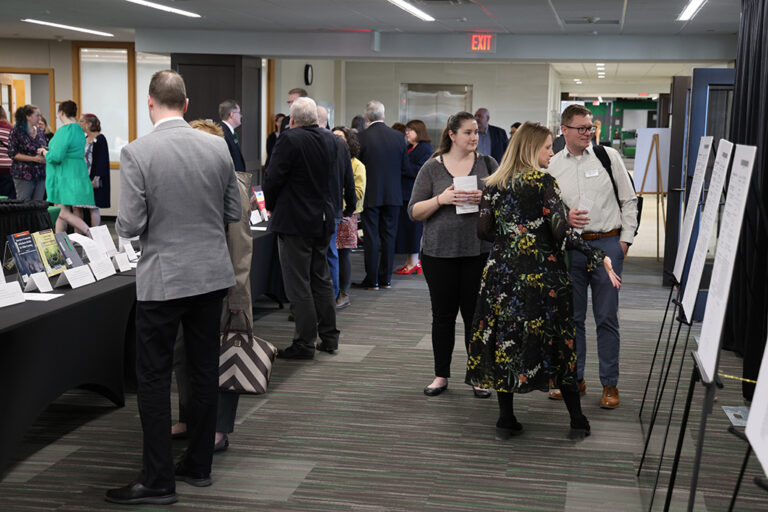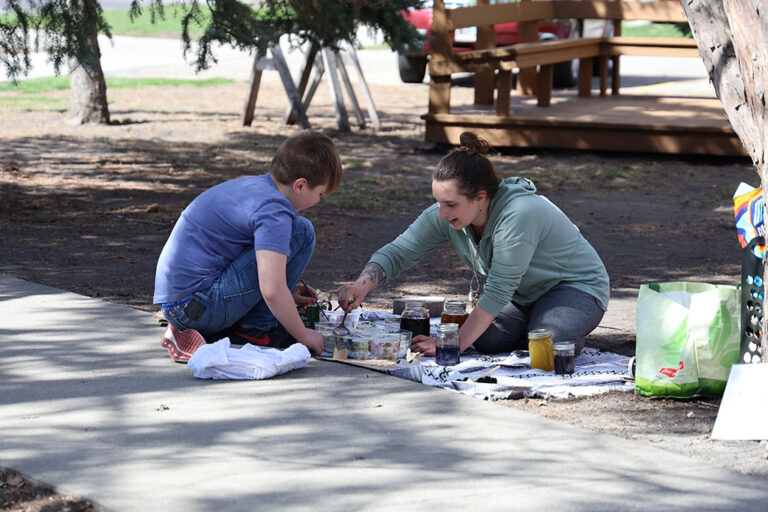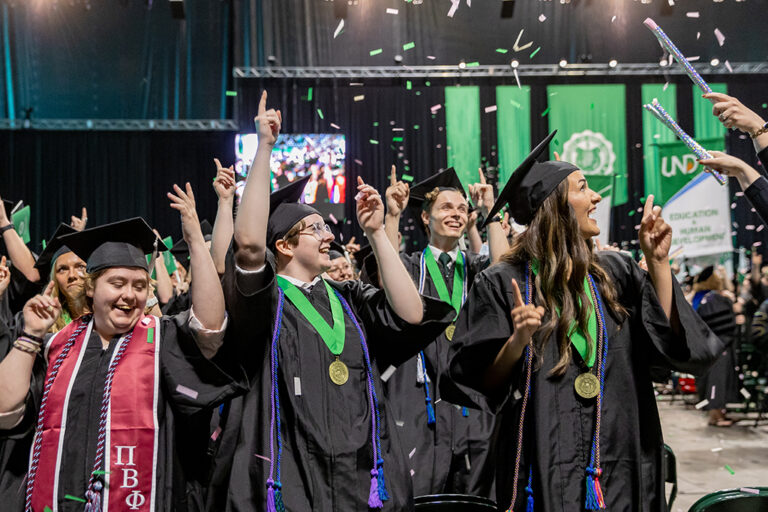UND professors partner with Humanities North Dakota
Humanities North Dakota seeks to make learning affordable, engaging and lifelong

Editor’s note: In the UND LEADS Strategic Plan, the Learning core value calls on the University to “provide credit and non-credit learning opportunities for campus and online students, UND employees, alumni and community members through innovative programming, rural and urban community outreach, and cross-disciplinary and cross-institutional collaborations.” The story below, which UND Today first published on Dec. 14, describes an effort by University faculty to provide “non-credit learning opportunities” to “community members” through “cross-institutional collaboration” (in this case, with Humanities North Dakota) in accordance with the Plan
****
During the Spring semester, five UND faculty members will serve as instructors for Humanities North Dakota, lending their expertise in an effort to make continuing education accessible and affordable for all.
Founded in 1973, Humanities North Dakota emphasizes learning as a lifelong endeavor, with a theme of making learning “fun, meaningful and rewarding.” Through its Public University program, the organization offers 20 courses per semester, ranging in duration from two to 12 weeks and taught by faculty from across the nation.
All courses are offered online and at no cost to students. Participants are not graded or tested, as coursework is instead focused on “engaging dialogue and the free exchange of ideas.”
Humanities North Dakota also stresses the importance of keeping mentally active, likening its courses to “group fitness for your mind.”
The following courses will be taught by UND faculty:
- Historical Endings Reimagined with Adam H. Kitzes, professor of English.
- Responding to Controversial Monuments with Cynthia Prescott, department chair and professor of History and American Indian Studies.
- Norwegian 1: Intro to Norwegian with Steven Finney, lecturer of Norwegian.
- Perspectives on Norway with Melissa Gjellstad, department chair, professor and director of Norwegian.
- Utopia: Dreams and Realities with Mark S. Jendrysik, professor of Political Science and Public Administration.
Discussing the salience of his course, Jendrysik said utopian ideas are central to human nature, as they foster thought-provoking discussions necessary in the march toward progress.
“Even in times that seem opposed to any form of utopian dreaming, where we are told to lower our expectations, we must strive to more than exists today,” he said. “What is the point of living if not to seek to make a better world?”
“Utopian thought, utopian dreaming, utopian desire and utopian action are more vital than ever,” Jendrysik added. “It can be difficult to maintain hope in the face of a culture that profits from fear and from the alienation and apathy that arise from fear. But utopian thought can arm us against fear, against the pose of cynicism that places us ‘above it all.’”
Kitzes said his course was inspired by his research in the field of 16th and 17th century English literature, and the prominent theme contained within of political conflict. He added that as playwrights, Shakespeare and his contemporaries were particularly adept at drawing from historical sources.
Kitzes’ course also will study works from more modern authors including Philip K. Dick, Ursula K. Le Guin and Philip Roth. That’s due to the authors’ ability to speculate on “what if” questions, such as, what if the confederate states had won the Civil War? What if the axis powers had won World War II? And, what if after the Civil War, slavery had never been abolished?
“Novels as a rule can draw attention to the way we use language to work out our place in the world, and specifically in a world that changes over time,” Kitzes said. “This hearkens back to another idea that was being worked out during the English Renaissance: novels are particularly good at fusing archetypal figures with the experience of individuals. They can do so in a way that, as readers, we’re never entirely sure when we’re with the individual, or with the archetype.”
Ultimately, Kitzes said, the ability of humans to weave their shared experiences into stories is paramount to living, quoting Le Guin to emphasize his point; “One must admit that a vast amount of our life narration is fictional – how much, we cannot tell.”
The courses described above began in mid-January, but Humanities North Dakota runs a wide selection of courses throughout the year. Those interested can visit https://www.humanitiesnd.org/classes-events to learn more.
****
>> QUESTIONS OR COMMENTS about the UND LEADS Strategic Plan? Your thoughts are welcome! Please contact Angie Carpenter, UND’s director of Special Student Populations, and/or Ryan Zerr, associate vice president for Strategy & Implementation, the co-chairs of the UND LEADS Implementation Committee.
You also may offer your thoughts by visiting the UND LEADS Strategic Plan home page and clicking on the “Provide your feedback” link that you’ll find there.
Thank you for your support of the UND LEADS Strategic Plan!



